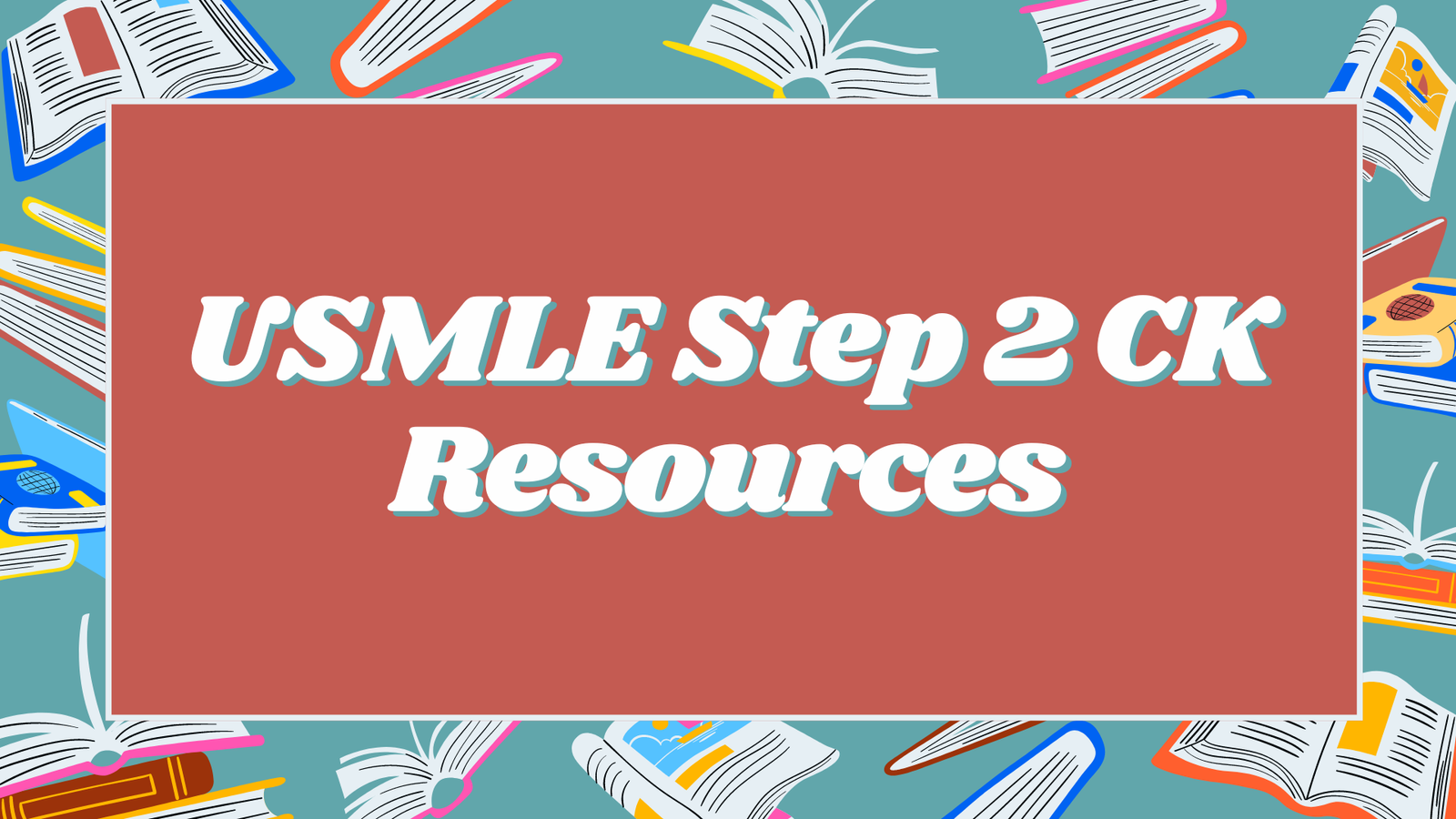Studying can feel like a never-ending challenge, but what if I told you some of your go-to strategies might actually be holding you back? We’ve all been there: cramming the night before an exam, rereading notes until we’ve practically memorized the page layout, or convincing ourselves that multitasking is the secret to productivity.
Sure, these methods seem efficient, but research says otherwise. Let’s explore three common study mistakes and, most importantly, how you can flip the script to make your study sessions smarter, not harder.
Mistake #1: Cramming Instead of Using Spaced Repetition
Ah, cramming—the classic night-before tactic. You stay up late, hoping that every word you read will miraculously stick. But here’s the thing: cramming might help you pass tomorrow’s quiz, but it’s terrible for long-term learning.
What the Research Says:
Spaced repetition, a method where you distribute your learning over time rather than in one big chunk, is the key to long-term retention. Research consistently supports this idea. A 2022 study by Lai showed that spaced learning significantly outperformed massed (cramming) sessions, leading to stronger neural connections and better recall down the line. Similarly, Kornell (2009) demonstrated that using spaced repetition with flashcards led to superior retention compared to last-minute cramming sessions. This isn’t just a one-size-fits-all approach—it’s been shown to work across various contexts, including language learning and health professions education (Hanson & Brown, 2020).
The Fix:
Ditch the cramming and embrace spaced repetition. Break up your study sessions into smaller chunks spread out over days or even weeks. Use flashcards or apps like Anki to schedule reviews at spaced intervals. Not sure where to start? Check out my video on how to use Anki, including the best settings and recommended decks for the USMLE exams here. Not only will you retain more, but you’ll also study with less stress!
Mistake #2: Relying on Passive Learning (Rereading & Highlighting)
If you’re like most students, rereading your notes and highlighting half your textbook probably feels productive. But guess what? It’s not. Passive learning, like rereading and highlighting, often gives a false sense of mastery, but it doesn’t lead to deep understanding.
What the Research Says:
Passive learning has been repeatedly shown to result in lower retention rates compared to active learning strategies. Kang (2016) found that active learning—such as self-quizzing and summarization—forces deeper cognitive processing, resulting in stronger retention. Studies by Karpicke & Bauernschmidt (2011) even demonstrated that self-testing can dramatically increase long-term retention by actively reinforcing neural connections.
The Fix:
Instead of passively rereading, engage in active learning. Quiz yourself on key concepts, summarize what you’ve learned in your own words, or try teaching the material to someone else. Want to know how to use active recall while mastering UWorld (UW) questions? Check out my video on how to effectively study UW questions here. Active recall strengthens your memory and solidifies your understanding.
Mistake #3: Multitasking While Studying
We all think we can multitask. Maybe you have a podcast playing in the background while working through flashcards, or you’re flipping between social media and your study guide. But here’s the hard truth: multitasking is a myth.
What the Research Says:
Multitasking significantly hampers cognitive performance. Xue et al. (2011) demonstrated that switching between tasks reduces the brain’s ability to process information effectively, leading to poorer recall. Similarly, Feng et al. (2019) emphasized that focused attention is essential for memory formation and retention, recommending that students concentrate on one task at a time in distraction-free environments to maximize their learning.
The Fix:
The next time you sit down to study, eliminate distractions. Turn off your phone, close unnecessary tabs on your computer, and focus solely on your task at hand. Not convinced that smartphones are breaking your focus? Check out my video on why smartphones are the ultimate multitasking distraction here. Single-tasking in a distraction-free environment helps your brain process information more deeply, resulting in better memory and understanding.
Conclusion
Studying smarter, not harder, means understanding what methods really work. By correcting these three common mistakes—cramming, passive learning, and multitasking—you can drastically improve your study efficiency and long-term retention. Embrace spaced repetition, active learning, and focused single-tasking to see real progress in your academic journey.
Don’t just take my word for it—give these strategies a try and see how your study sessions improve. Have any tips that have worked for you? Drop them in the comments below! Let’s learn together and make studying more effective (and maybe even a bit more fun)!



